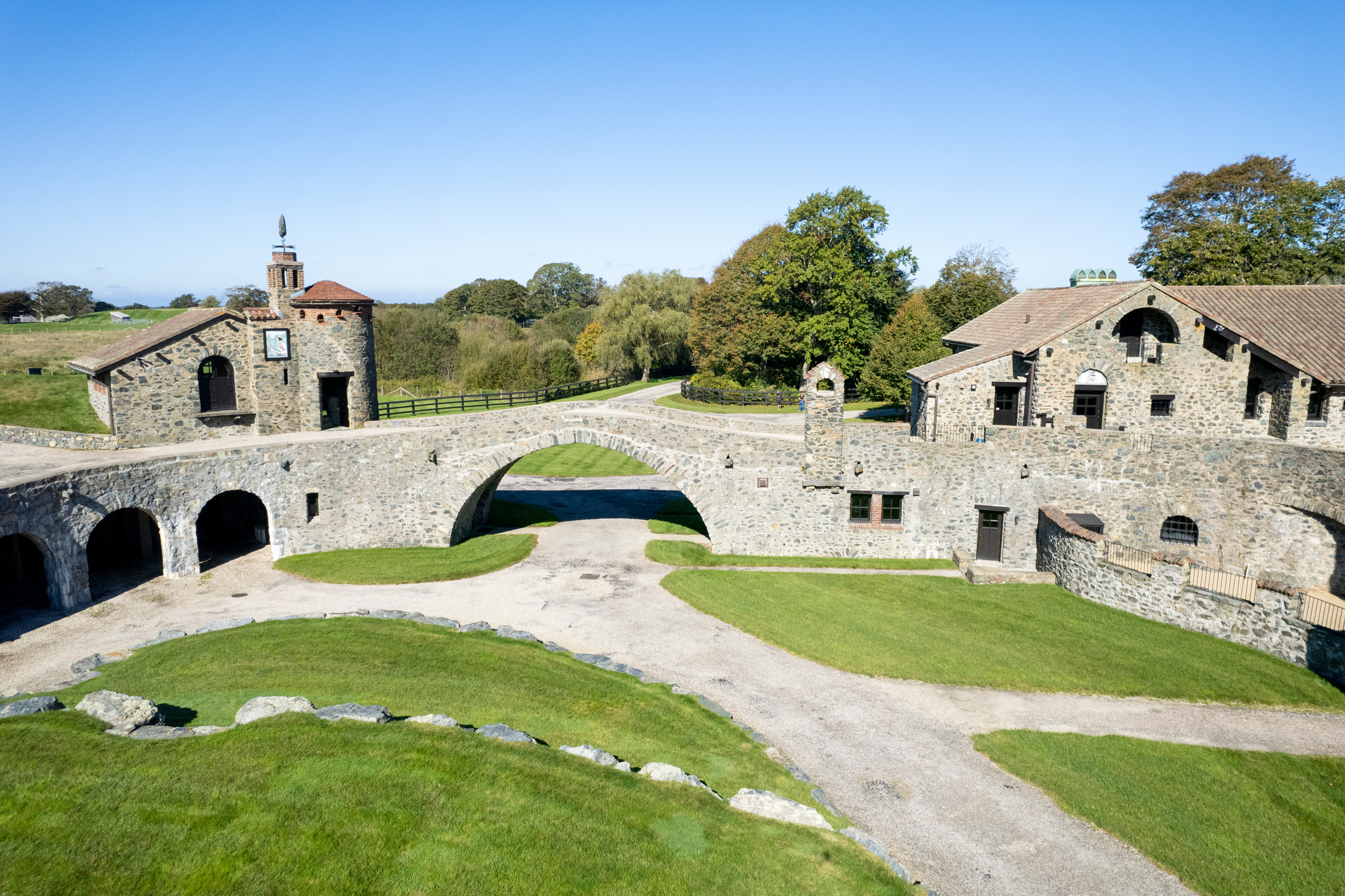
Minister wants new rapid response cyber security unit

Defence Minister Viola Amherd has said that she wants to create a special unit that would protect critical and civil infrastructure against cyber-attacks. The minister also plans to strengthen the snooping powers of the intelligence service.
In an interview Friday with newspapers owned by the Tamedia group, Amherd said that when it comes to cyber security, “even if we are already doing a lot, we need to do more”.
Currently, some 170 specialists work within the Swiss army on cyber defense, mainly with the goal of protecting key channels and military communications.
Amherd wants to go further and create a rapid response unit that would protect Swiss business and civil society against hackers, as well as critical infrastructure such as electrical companies, Swiss federal railways, and telecoms groups.
The announcement by Amherd comes as it becomes clearer that cyber attacks are a growing menace not just to state infrastructure but also to private citizens – one in seven of whom report having been victims of online attacks.
Many attacks also go unreported. In December last year, the government also said it was considering the introduction of an obligation for providers of critical infrastructure such as telecoms to report any breaches – currently no such requirement exists.
Listening in
Amherd also noted in the interviews that she is considering a legal amendment to widen the powers of the Federal Intelligence Services (FIS), to enable them to better track the activities of political extremists in Switzerland.
Extremism both on the right and the left is on the rise, Amherd says, but the FIS has its hands tied by restrictive laws. Her plan would include allowing them to more closely monitor such people, including by listening in on conversations.
She rejected any suggestion that this would lead to a “Wild West” situation without rules, and said that the FIS remains overseen by several other bodies.
FIS staff numbers would also increase from 314 to 414 over the next five years, Amherd said.

In compliance with the JTI standards
More: SWI swissinfo.ch certified by the Journalism Trust Initiative


























You can find an overview of ongoing debates with our journalists here . Please join us!
If you want to start a conversation about a topic raised in this article or want to report factual errors, email us at english@swissinfo.ch.